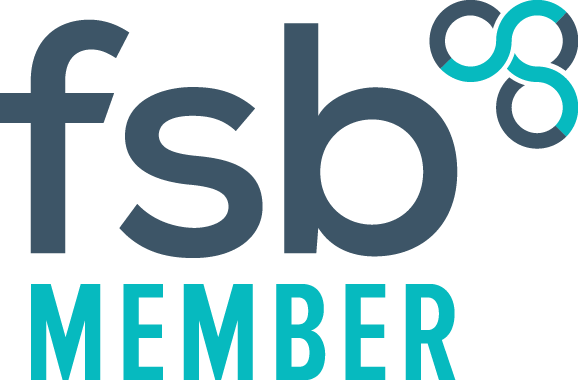Have questions? Contact Chris today for a chat about how we can help you
AI for Breakfast
Post 124 - Understanding AI ethics:
What small business owners need to know
As artificial intelligence (AI) becomes more integrated into everyday business operations, ethical considerations are becoming increasingly important. For small business owners, understanding AI ethics is essential not only for compliance but also for building trust with customers and maintaining a positive reputation. Here are the key ethical aspects of AI that small business owners need to be aware of:
1. Transparency and explainability
AI systems can be complex, making it challenging to understand how decisions are made. However, transparency is crucial for building trust. Small business owners should ensure that their AI tools can explain their decision-making processes in clear, understandable terms.
- Choose AI tools that provide clear explanations of how they work
- Communicate openly with customers about how AI is used in your business
- Ensure that decisions made by AI can be justified and traced
2. Data privacy and security
AI systems often rely on large amounts of data, some of which may be sensitive or personal. Ensuring data privacy and security is paramount to maintaining customer trust and complying with regulations such as the General Data Protection Regulation (GDPR).
- Implement robust data protection measures
- Regularly review and update data security protocols
- Be transparent with customers about how their data is used and protected
3. Fairness and bias
AI systems can inadvertently perpetuate or even exacerbate biases present in the data they are trained on. It's important to monitor AI tools for bias and take steps to ensure they operate fairly.
- Regularly audit AI systems for bias
- Use diverse data sets to train AI models
- Implement measures to mitigate any identified biases
4. Accountability and responsibility
When AI systems make decisions, it's crucial to establish clear accountability. Small business owners need to take responsibility for the actions and decisions made by their AI tools.
- Define clear lines of accountability for AI decisions
- Ensure there is human oversight for critical AI-driven decisions
- Be prepared to address and rectify any issues arising from AI use
5. Ethical use of AI
Beyond compliance and risk management, small businesses should consider the broader ethical implications of AI. This includes considering the societal impact and striving to use AI in ways that benefit both the business and the community.
- Evaluate the broader impact of AI applications
- Engage with stakeholders to understand their concerns and expectations
- Strive to use AI in ways that promote positive social outcomes
By understanding and addressing these ethical considerations, small business owners can harness the power of AI responsibly. This not only helps in maintaining compliance with regulations but also builds trust with customers, fosters a positive business reputation, and contributes to the overall betterment of society.
LucidSynergy Ltd.,
7 Forbes Business Centre
Kempson Way
Bury St Edmunds
Suffolk
IP32 7AR
Occasional Newsletters
We will get back to you as soon as possible
Please try again later
© 2025 LucidSynergy Ltd. Registered in England and Wales No.7080913.








